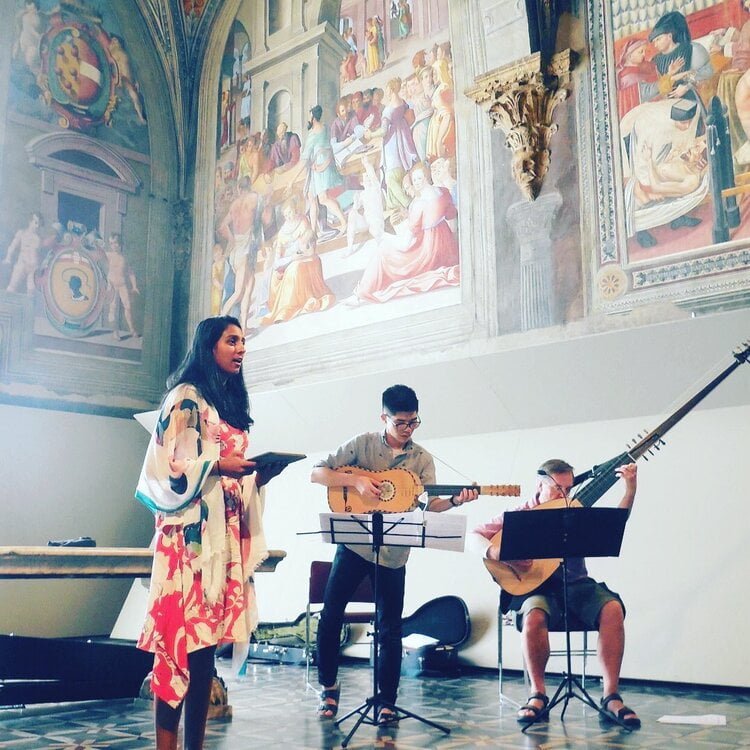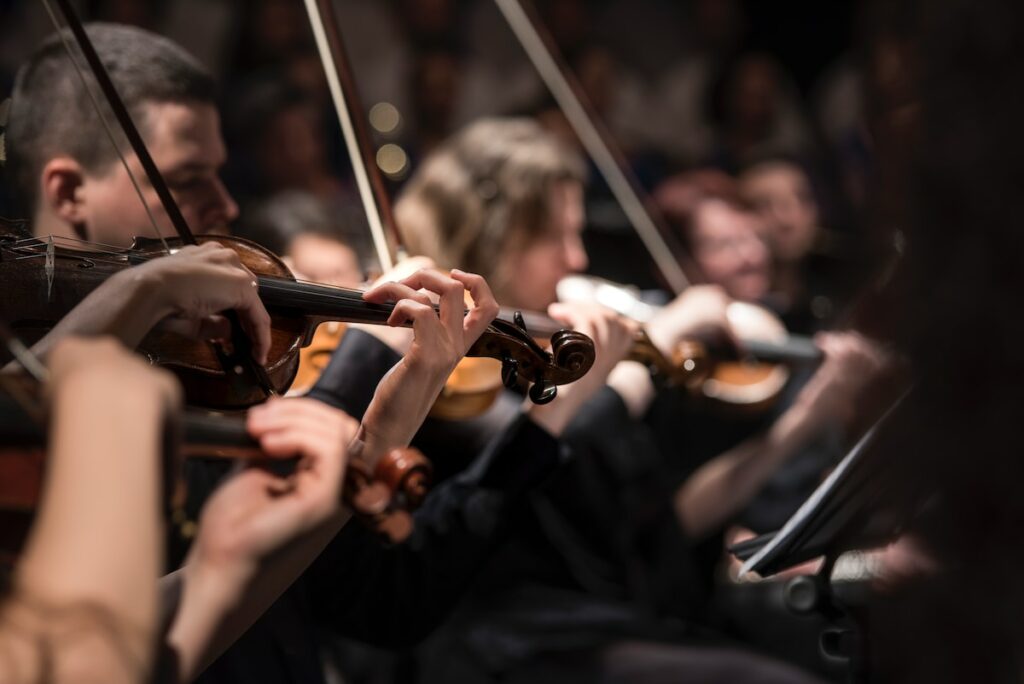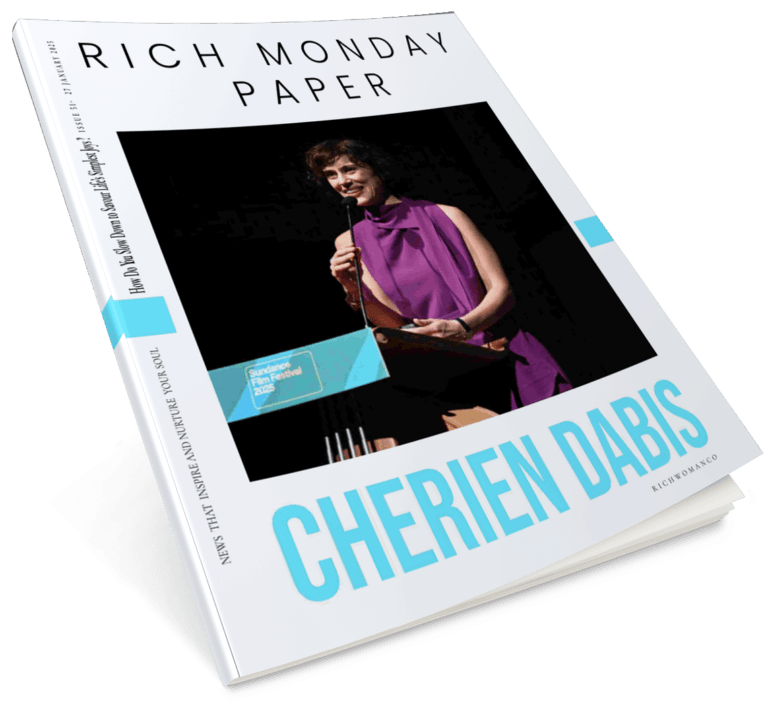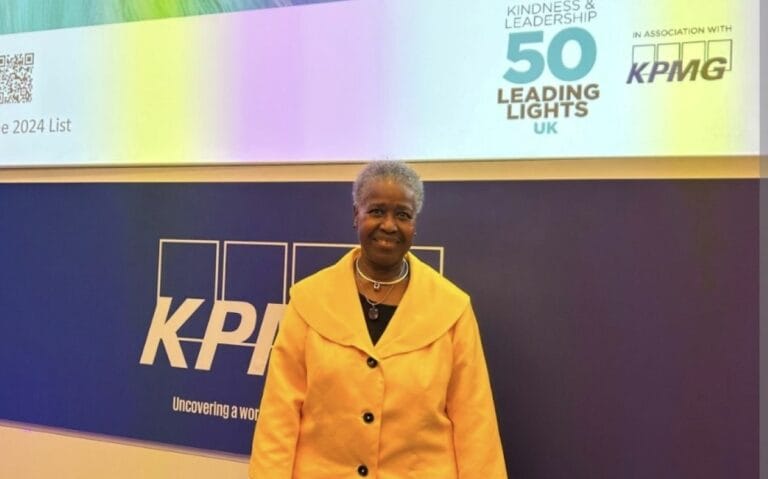The Paradox of Sad Music: How Sad Songs Foster Human Connection

Music, a universal language beyond borders and cultures, has an extraordinary ability to evoke a wide range of emotions in us. It can make us dance with joy, soothe our stress, and even bring tears to our eyes. But have you ever wondered why we are drawn to sad songs? Why do melodies filled with sorrow and lyrics steeped in heartache resonate so deeply with us?
Scientific research has shed light on the profound impact music has on our brains and emotions. According to a study by the University of California, Berkeley, music activates regions of the brain associated with emotion, attention, and memory. This explains why a song can transport us back to a specific moment in time, evoke vivid emotions, and even influence our mood.
A study published in the journal “Frontiers in Psychology” found that listening to music can stimulate the release of dopamine, a neurotransmitter associated with pleasure and reward. This biological response is not limited to upbeat tunes; it also occurs when we listen to sad music.

The paradox of sad music
The allure of sad music presents an intriguing paradox. Joshua Knobe, an experimental philosopher and psychologist at Yale University, was particularly intrigued by this phenomenon. His wife, an indie rock musician, often sang sorrowful songs that stirred deep emotions in listeners. This led him to question why we find value in art that makes us feel melancholic.
Have you ever wondered why we listen to sad songs? It’s a question that has puzzled many, including Joshua Knobe, an experimental philosopher and psychologist at Yale University. As he recalls, his wife, an indie rock musician, often sang sorrowful songs that stirred deep emotions in listeners. This paradox of sad music, the enjoyment of art that makes us feel melancholic, has been a subject of study for countless scholars since Aristotle.
According to a study reported by the New York Times, originally published in the Journal of Aesthetic Education, provides an insightful answer: it’s not because they make us sad, but because they help us feel connected.

The dual nature of sad songs
Knobe, along with his former student, Tara Venkatesan, a cognitive scientist and operatic soprano, sought to unravel this paradox. They proposed that sad songs, like many things, have a dual nature. On one hand, they possess concrete features like rhythm, tempo, and melody. On the other hand, they carry abstract values, like the ability to evoke deep emotions and create a sense of connection among listeners.
The emotional spectrum of music
Music, particularly sad music, elicits a multidimensional emotional response. A 2016 survey found that emotional responses to sad songs fell roughly into three categories: grief, melancholia, and sweet sorrow. The study, humorously titled “Fifty Shades of Blue,” found that many listeners experienced a mix of these emotions.
The pleasure in sadness
But why does sad music, with its layers of emotion, feel pleasurable or meaningful? Some psychologists have proposed cognitive mechanisms through which sadness can be induced in listeners. These mechanisms range from unconscious reflexes in the brain stem to triggered memories and emotional contagion. Perhaps, because sadness is such an intense emotion, its presence can prompt a positive empathic reaction. As Knobe puts it, “You’re feeling just alone, you feel isolated. And then there’s this experience where you listen to some music, or you pick up a book, and you feel like you’re not so alone.
The connection hypothesis
To test this hypothesis, Knobe, Venkatesan, and George Newman, a psychologist at the Rotman School of Management, set up a two-part experiment. The results suggested that the emotions that made people feel more connected to one another in conversation were also deeply rooted to “what music is all about”: love, joy, loneliness, sadness, ecstasy, calmness, sorrow.
The power of connection
Mario Attie-Picker, a philosopher at Loyola University Chicago who helped lead the research, proposed a simple idea: Maybe we listen to music not for an emotional reaction, but for the sense of connection to others. Our love of music, particularly sad music, is not a direct appreciation of sadness, but an appreciation of connection.
The unanswered questions
However, this explanation prompts more questions. With whom are we connecting when we listen to sad music? The artist? Our past selves? An imaginary person? And how can sad music be “all about” anything? Doesn’t the power of art derive, in part, from its ability to expand experience?
While these questions remain, one thing is clear: the melody of sad songs fosters a sense of human connection, making us feel less alone in our shared experience of sorrow.
Do you want to share your story and inspire our readers ? Know that every story is paving the way for a brighter, happier future.





